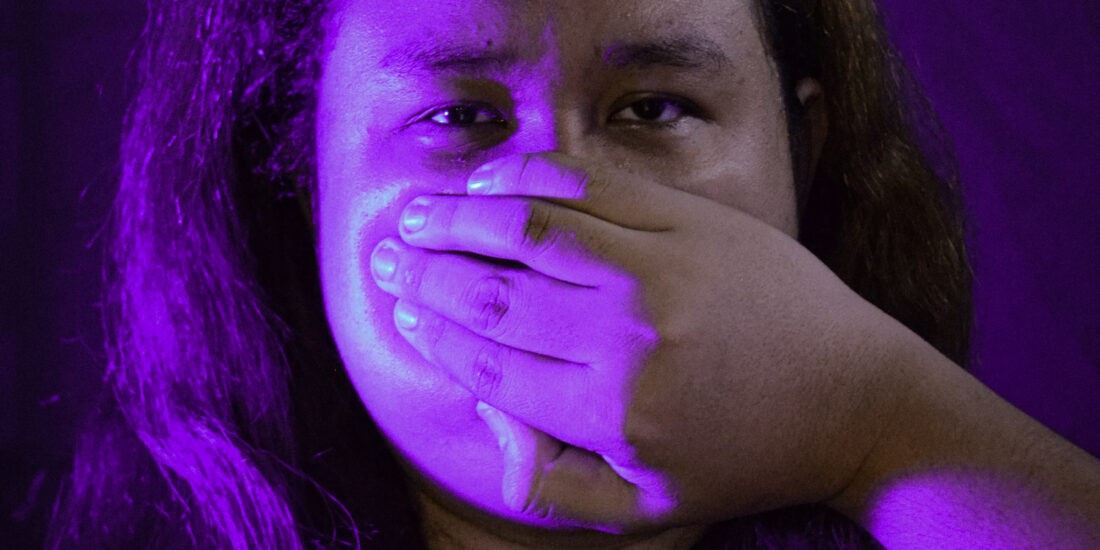Among us: Internalized misogyny is not just about Women vs Women
Starting from a cultural and traditional viewpoint, portrayal in media, up to the premise of politics, the daily dose of reality would reflect that women have always been deemed inferior. For decades, we’ve been living in a world where societies view females as the weaker sex and it became hard for us, women, not to believe it. As victims of past and existing realities that usually favor “maleness”, we tend to develop our own version of hatred and prejudice against one another. This is where internalized misogyny comes in—a subconscious projection of sexist and biased ideas onto other women and onto ourselves.
Acknowledging the dilemma
I will not come clean by saying that I haven’t had any misogynistic thoughts against my fellow women when I was younger. In fact, I secretly hated my female classmates who were too loud and talkative in class during high school, thinking that women shouldn’t behave like that — the same idea that we probably grasped from our highly traditional female teachers. Perhaps, I was too young to understand the notion of internal misogyny back then. But that doesn’t change the fact that it’s been creeping among us women, not just from our own generation but also from those that existed long before we came.
The scariest part about internal misogyny is that we often fail to realize its existence within us. We think we’re a model figure when we consider ourselves a rare breed of our own gender for enlivening the qualities that have long been imposed upon us. We think we are uplifting the female sex by degrading and throwing insults at women who bravely go against gender norms. But as long as we view ourselves or a select few women as the exception, we are only playing by the rule of internal misogyny. And for us to terminate this forcibly engraved mindset among us, we have to first acknowledge that it is something that we, women, need to heal from.
It begins at home
If you were raised as a girl, you probably had been told a couple of times how to behave according to your sex, or to put it in a less complex term, behave by embracing the standard femininity that society employs—”Be simple and wear a decent dress,” “Hide your skin when going outside,” “Act properly in front of boys, “Don’t be too loud or outspoken,” and of course, the prominent phrase “Don’t make the first move”. These are just some of the demands that have been engaged upon young girls before they can even develop their own understanding of the world.
What makes these phrases concerning is that they usually come from our mothers, our aunties, and our grandmothers—women themselves. It might be understandable for them to patronize these standards as conforming could be their only option to survive the reality they came from. However, while these standards might be viewed as a sort of instilling discipline and values among young girls, employing these ideologies would only inculcate a kind of mindset that would bring us back to the partisan view on the female gender, suggesting that women are only decent and respectable if they are well-reserved and submissive.
This would lead young girls to form a conception against themselves, questioning their own capability to be more than what is instilled upon them or they can even learn to hate fellow women who engage outside these taxing gender norms. Thus, internal misogyny prevails.
As these remarks, unfortunately, come from the comforts of home where women in our households subconsciously generate misogynistic ideologies to the younger ones, the progression of gender discrimination remains sequential—serving nothing but the highly-applauded and persevering patriarchy.
A byproduct of patriarchy
If there is anyone to blame for the prevalence of internal misogyny, it wouldn’t be women themselves, but the systemic tolerance of patriarchy.
In fact, internal misogyny would not even exist without the notion of misogyny that started among men. Most of these gender norms that women were required to follow are built to favor men or attain validation from them. The concept of internal misogyny would prove how powerful patriarchy is, that it even allowed women to subconsciously perpetuate the oppression imposed on them for centuries — like blaming the victim of rape and sexual assault, thinking that being too feminine is a weakness, believing that masculinity is not a trait for women, body and slut shaming one another, — the kind of discrimination that we, women, have been constantly receiving from men.
With the hurdles of the female gender throughout the period of time, it’s no surprise that we adapt the same manhandling we have been enduring and enact them towards our fellow women. However, not because it has long existed does not mean it’s normal and cannot be changed. While we continue to hold men accountable for their discriminatory remarks against the female sex, the same effort should be exerted towards women tearing down other women. Because when gender equality is the one at stake, no one should take exemption from perpetuating misogyny by all means – may it be from the toxic men and even from our fellow girls around.
After all, women of all ages, colors, and cultures should stand together and not be against one another. Breathing the same air in this unfavorable reality, I believe we all want to turn this world into a better place where we are free to exist without any conditions from anyone—not even from ourselves or the younger us who sit somewhere inside a classroom in high school.




